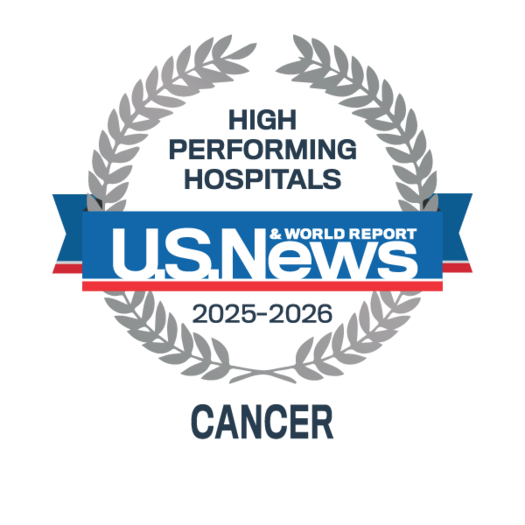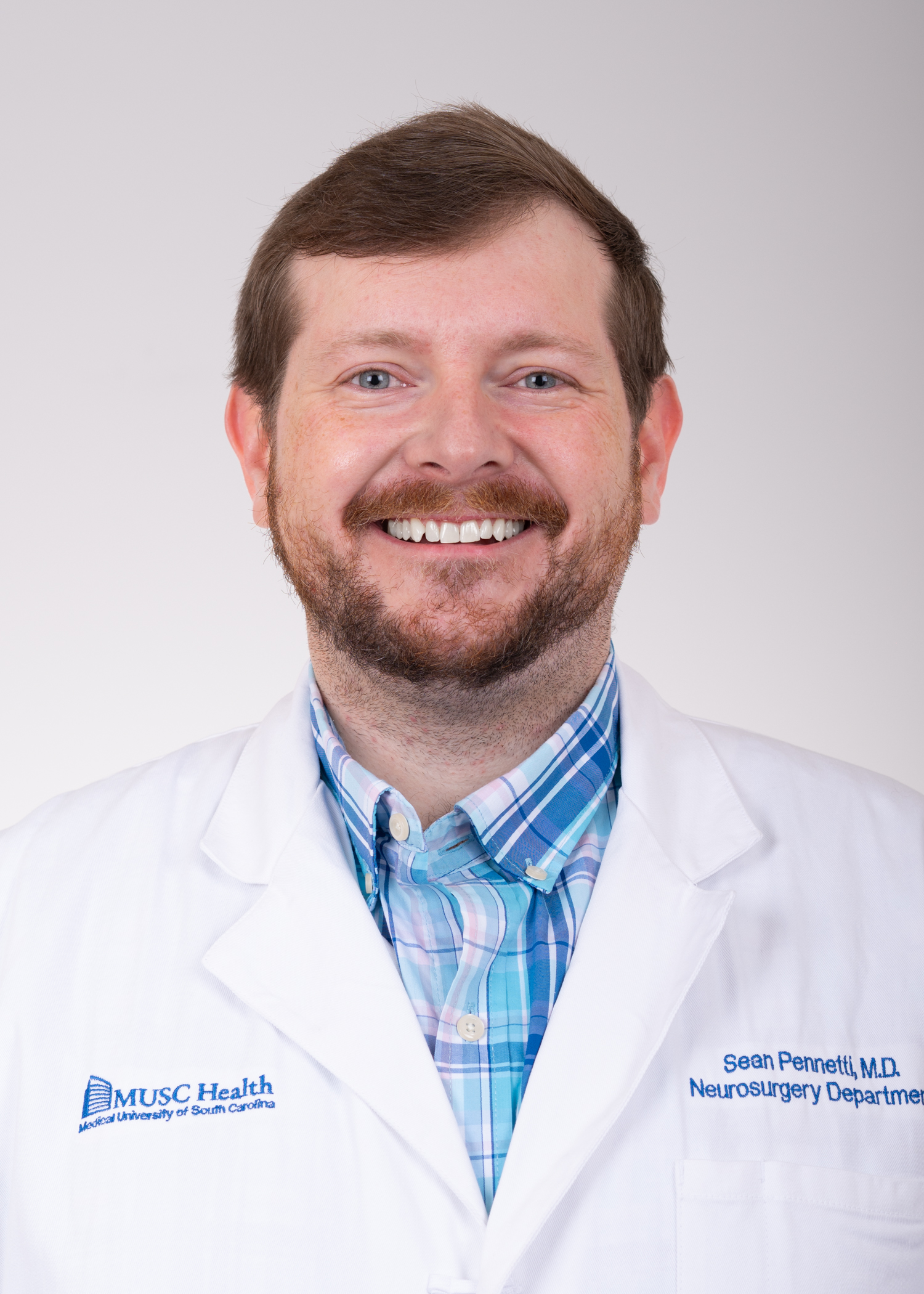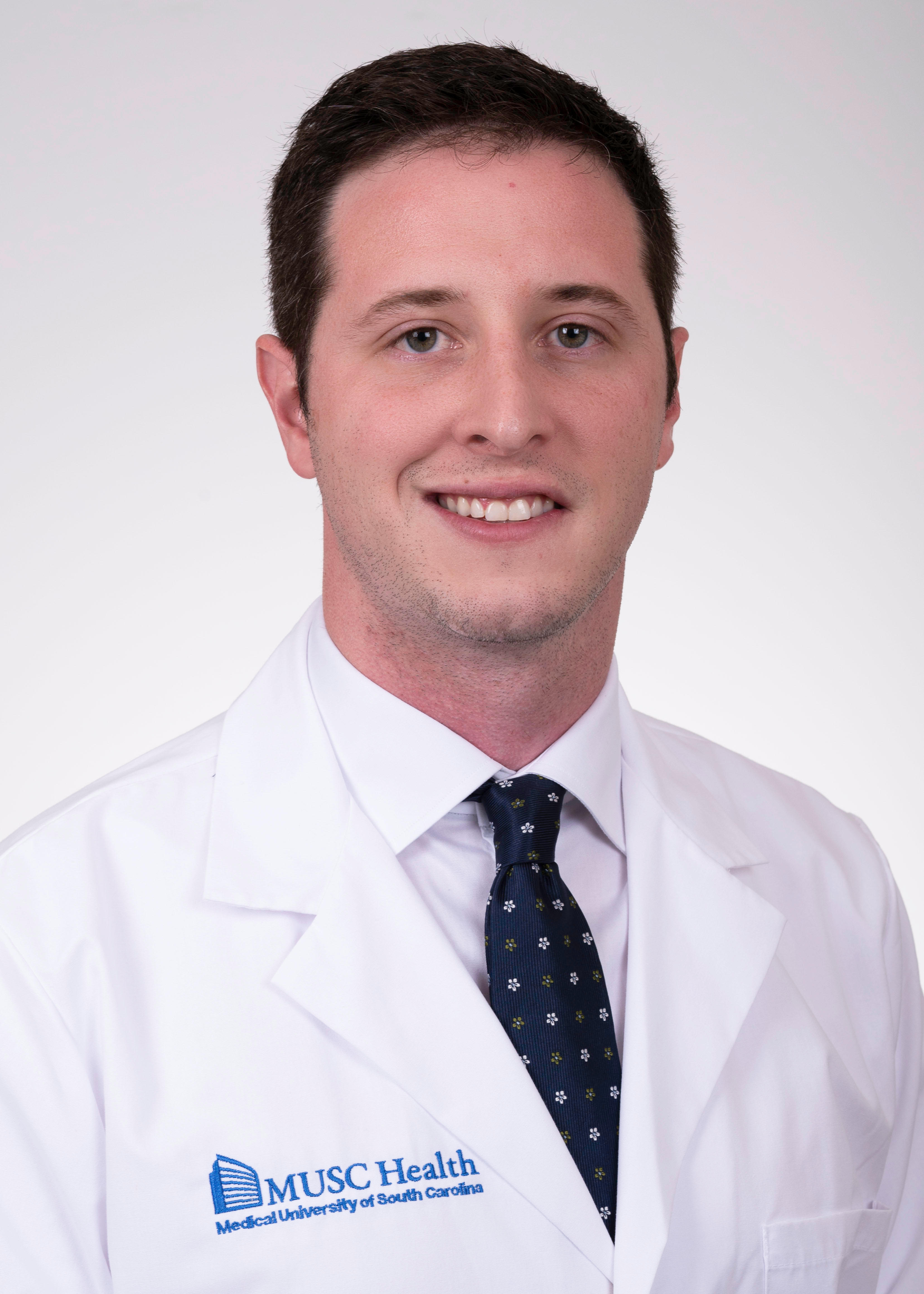Primary brain tumor symptoms
The symptoms of a cancerous brain tumor often depend on where the tumor is located. Some possible symptoms include:
- Seizures — about a quarter of glioblastoma patients go to a doctor because they are having unexplained seizures.
- Vision changes — double vision, blurry vision or loss of vision in one area.
- Mood, personality or behavior changes.
- Leg or arm weakness.
- Facial weakness.
- Headaches that occur in the morning or that disappear after vomiting.
- Confusion or problems with thinking.












